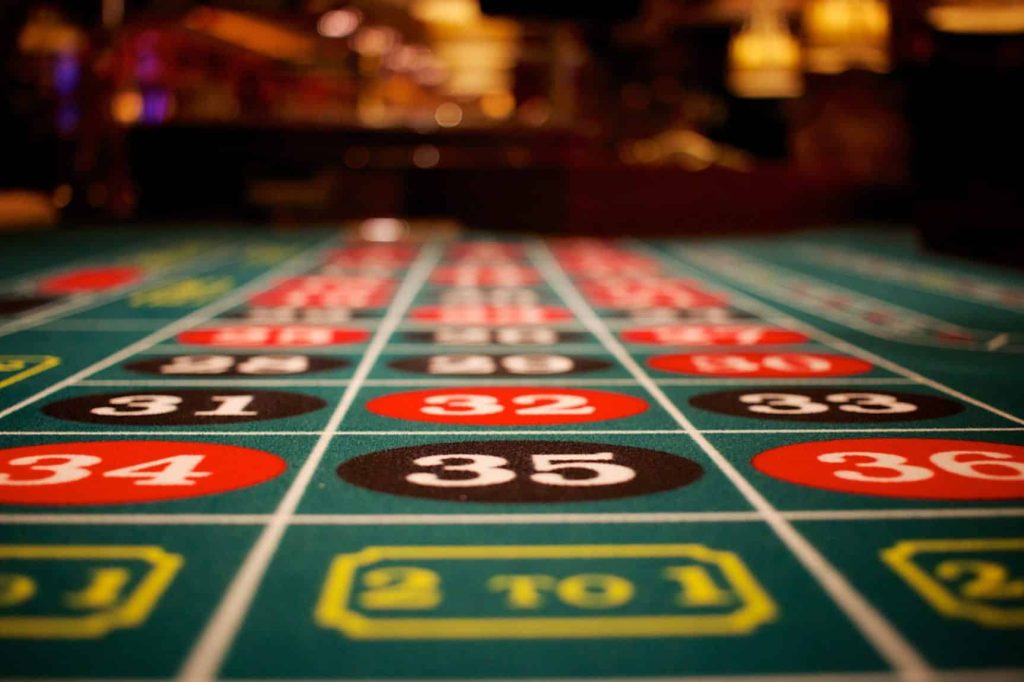
Gambling addiction is a serious issue that affects millions of people worldwide. It’s a condition that often develops slowly, with individuals finding themselves increasingly drawn to the thrill of gambling despite the negative consequences. One of the key factors contributing to this addiction is financial strain—an issue that can create a dangerous cycle, making the problem even harder to escape. In this blog, we’ll explore the connection between financial strain and gambling addiction, and why it’s essential to recognize and address this relationship.
1. How Financial Strain Fuels Gambling Addiction
Financial strain is often described as the stress or anxiety a person experiences due to their inability to meet financial obligations. This can be caused by a variety of factors, including unemployment, mounting debt, low income, or unexpected expenses. For some individuals, gambling may initially seem like a quick way to improve their financial situation. The desire to win big and escape financial struggles can lead to risky betting behaviors. However, instead of solving the problem, gambling often deepens financial strain, creating a vicious cycle.
For example, someone who is struggling to pay bills or make ends meet might be tempted to place larger bets, hoping for a big win that will solve their problems. Unfortunately, gambling doesn’t guarantee a positive outcome, and losing money can lead to even greater financial difficulties. This only intensifies feelings of stress and desperation, further driving the person to gamble more.
2. The Psychological Toll of Financial Strain
When financial difficulties set in, the psychological toll can be overwhelming. Worries about paying bills, supporting a family, or losing one’s home can trigger high levels of anxiety and depression. These emotional struggles are often compounded by the shame and guilt that accompany gambling losses. The addict might feel that gambling is their only chance for relief, leading to a dangerous compulsion to keep playing.
Gambling addiction can also distort a person’s perception of risk. As their financial situation worsens, they may become more desperate to recover their losses, believing that one more win will solve everything. This thought pattern, known as the chasing losses behavior, is a key characteristic of gambling addiction and one of the reasons why financial strain can escalate the problem.
3. The Role of Escapism in Gambling Addiction
For many individuals dealing with financial strain, gambling provides an escape from the overwhelming stress they face. The excitement of a win, or even the distraction of placing a bet, can temporarily alleviate feelings of anxiety. However, this relief is short-lived, and the underlying issues—whether it’s debt, job loss, or personal struggles—remain. As the person continues to gamble, they may feel that the pressure to resolve their financial problems is mounting, leading them to gamble more frequently or with higher stakes.
This form of escapism can turn gambling into a coping mechanism. Over time, the addiction takes hold, and the person becomes trapped in a cycle of gambling to manage their emotions, while simultaneously deepening their financial and emotional problems.
4. How Financial Strain Increases the Risk of Addiction
While financial strain can be a catalyst for gambling addiction, certain life circumstances can increase a person’s vulnerability to both. For example, individuals who experience long-term unemployment, chronic illness, or other persistent stressors may be more likely to turn to gambling as a way to escape their circumstances. People who have experienced traumatic events or have a history of substance abuse are also at a higher risk of developing gambling problems.
Additionally, younger individuals or those who don’t fully understand the risks associated with gambling may be more susceptible to the allure of easy money. They may see gambling as a way to solve their financial woes without fully grasping the potential for addiction and loss.
5. Breaking the Cycle: Seeking Help and Support
The link between financial strain and gambling addiction is not an easy one to break, but it is possible with the right support and interventions. The first step is acknowledging the problem. Individuals who are struggling with both financial difficulties and gambling addiction should seek professional help from addiction counselors or therapists who specialize in gambling disorders.
Financial counseling can also be an essential part of the recovery process. By addressing the financial strain and developing strategies to manage debt, budgeting, and future planning, individuals can begin to reduce the anxiety that often triggers gambling behaviors.
Support groups, such as Gamblers Anonymous, offer a safe and supportive environment for people to share their experiences and recovery strategies. These groups can help individuals feel less isolated, providing a network of people who understand the challenges of overcoming addiction.
6. Prevention: How to Protect Yourself from the Cycle
Preventing the cycle of financial strain leading to gambling addiction begins with recognizing the signs of problem gambling early. Here are some steps you can take to protect yourself:
- Set a budget: If you gamble, establish clear financial boundaries and stick to them.
- Avoid gambling as an escape: Instead of turning to gambling during times of stress, find healthy coping mechanisms like exercise, hobbies, or talking to a trusted friend.
- Educate yourself: Understanding the risks of gambling can help you make informed decisions about whether or not to engage in it.
- Seek professional help: If you or someone you know is struggling with gambling addiction, don’t hesitate to reach out for support from a counselor or support group.
Conclusion: Understanding and Addressing the Connection
Financial strain and gambling addiction are closely linked, with one often fueling the other in a dangerous cycle. While gambling may seem like a quick fix to financial problems, it can only make matters worse, leading to greater stress and more severe addiction. Recognizing the signs of problem gambling and seeking professional help early can help individuals break the cycle and regain control of their finances and their lives.
If you or someone you know is struggling with gambling addiction, remember that help is available. A combination of therapy, financial counseling, and support groups can help individuals take steps toward recovery and build a healthier relationship with both money and gambling.


